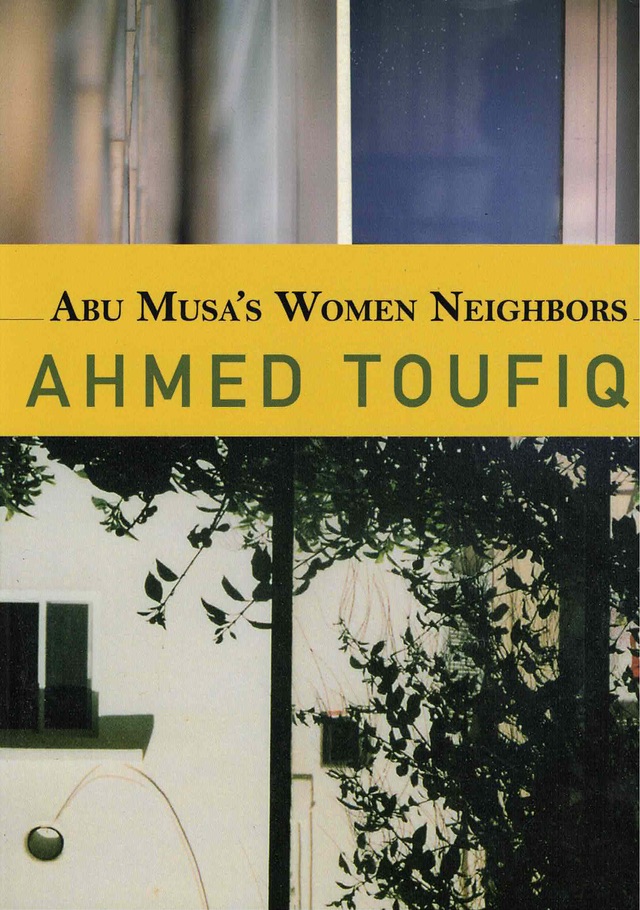A Beggar at Damascus Gate by Yasmine Zahran is a novel by a writer and archaeologist who lives and works in Paris and Jerusalem. The story is a tale of love and murder, a search for a past and a future that unfolds across three continents. Rayya has disappeared and Alex has died—is Rayya working for the PLO? Is he a British intelligence officer? Rayya and Alex’s journals are found in Petra, Jordan, but the mystery will only be resolved at Damascus Gate. Miriam Cooke of Duke University writes: “The pain of Palestine informs every page.”
Yasmin Zahran
Praise for A Beggar at Damascus Gate
Cold and alone in an ancient Palestinian village, a traveling archeologist finds the threads of a narrative that will direct his life for the coming decade. Its characters are a Palestinian woman and an English man, each deeply committed to the conflicting demands of love and national loyalties. As the narrator slowly pieces together the fate of two unfortunate lovers, he also uncovers a tale of treachery, duplicity and passion that highlights the contemporary plight of the enormous number of displaced Palestinians. Their final resolution surprises them both and reveals a depth to their commitments that neither had previously realized.
— Cole Swensen
The Palestinian writer and archeology scholar, Yasmine Zahran’s second novel stitches together the twentieth-century struggle of Palestinians for a place to call home and the ancient worlds of their ancestors… A Beggar joins a growing number of works written in English by bilingual Arabs, whether Arab-Americans, members of European societies, citizens or subjects of states in the Arab world, or Palestinians in exile, with no home state to return to, like Zahran. Such works are an exciting addition to both Arabic and English literature, for they embody the geographic/linguistic/cultural multiplicity that is a marker of postmodern experience. They demonstrate to readers of English—who have hardly had a critical mass of easily available Arabic literary works in translation to explore—that Arab societies are not the isolated “strange” sites they so often appear in stereotype, and that Arab writers are helping to shape the Englishes of the next century.
—Marilyn Booth, World Literature Today
This is a dark novel, a passionate plot of love, intrigue and suspicion. The pain of Palestine informs every word.
— Miriam Cooke




